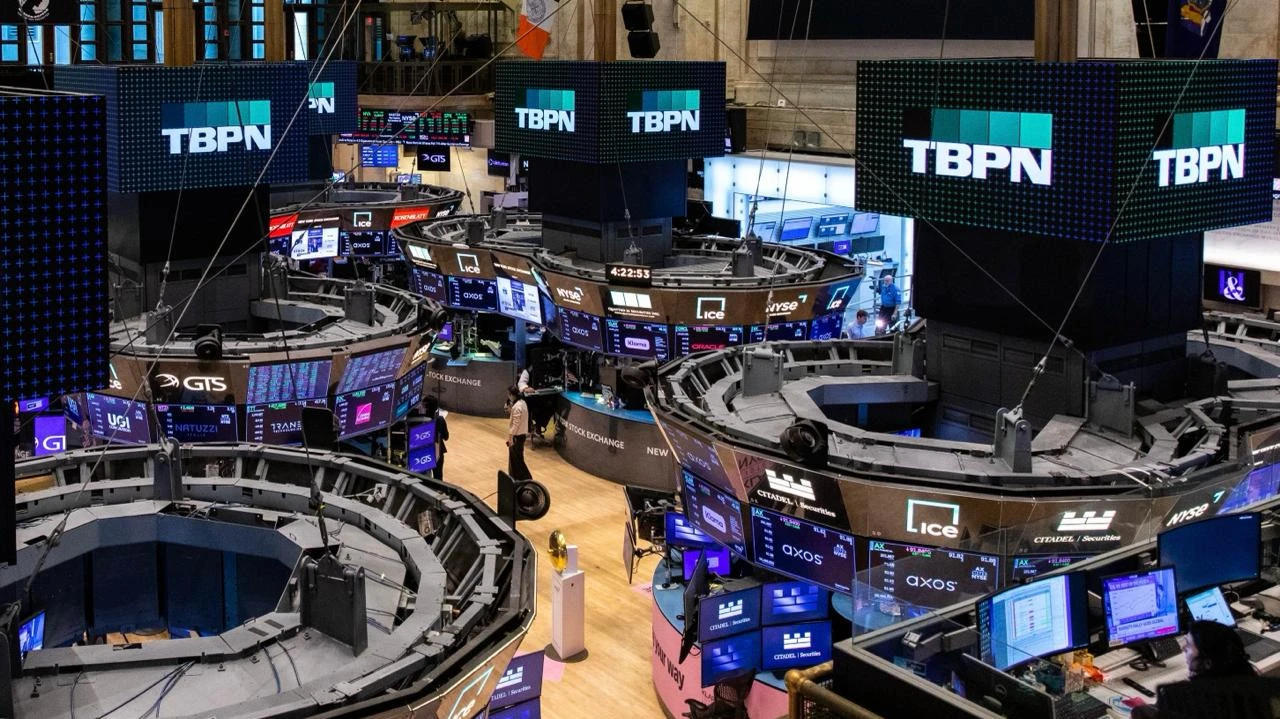Shares of unprofitable companies are growing faster than those of profitable companies. Is this dangerous for the market?
"OpenDoor Technologies' meme stock has soared more than 280% since the end of July

Investors' bets that the U.S. Federal Reserve will continue to cut interest rates triggered a rally in one of the riskiest segments of the technology sector - the shares of loss-making companies: for example, quantum IonQ and AI application SoundHound. This reinforced analysts' concerns about a possible reversal in U.S. stocks and a shift to a bearish trend.
Details
The portfolio of shares of unprofitable technology companies, tracked by UBS, has jumped 22% since the end of July, Bloomberg writes. By comparison, a similar basket of profitable companies has added only 2.5%, and the "technology" index Nasdaq 100 rose 6%. The growth brought the sector to levels close to the peaks of late 2021 - then record low rates fueled a bubble in speculative assets, which burst the following year, the agency noted.
A similar basket of unprofitable companies from Goldman Sachs has nearly doubled from its April low and recently reached its highest level since February 2022. Among the notable winners is the "meme" stock OpenDoor Technologies, which is actively promoted by Canadian hedge fund manager Eric Jackson: since the end of July, the securities have soared more than 280%. Quantum company IonQ is up more than 80% over the same period. SoundHound AI, Xometry and Lemonade have added more than 50%.
Despite the rally in loss-making stocks, their current rise still pales in comparison to events at the start of the decade: a basket from Goldman Sachs rose more than 420% between March 2020 and February 2021 before losing almost all of its gains in 15 months, Bloomberg reminds us.
On Wednesday, September 24, the UBS basket of unprofitable technology companies added another 0.7%, while the basket of profitable companies added 0.4%.
What does that mean
The rise in shares of loss-making tech companies reflects "a stage of excessive speculative euphoria, Baird tech strategist Ted Mortonson told Bloomberg. "This rally looks extremely bubble-like and risky. All this speculation by the public from [forums] Reddit and Robinhood gives what's going on the appearance of a casino. And all of this I think is going to end in disappointment."
For these companies, access to cheap debt is vital: their business model is built on rapid expansion and valuations based on future profits that may have to wait years. With continued inflation and the growing influence of artificial intelligence on the labor market, it is "extremely difficult" to analyze the value of unprofitable companies based only on possible Federal Reserve (Fed) rate decisions, Baird tech strategist Ted Mortonson told the agency.
Some investors believe the current hike is justified - especially because the scale of the current "throw for trash" is much smaller than in the previous easing cycle, Bloomberg reports. For example, the Goldman basket still remains about 50% below its 2021 peak, and even if the Fed implements two more rate cuts before the end of the year, its benchmark rate is likely to remain above 3%, a far cry from the marks that were in effect during the pandemic and supported the stock market, Bloomberg writes.
"I don't think this euphoria is unfounded: growth has been good overall, tech has better earnings visibility than other industries, AI is a unique long-term driver, and the macro backdrop for rates is favorable," Ameriprise Financial Services market strategist Anthony Saglimbene told Bloomberg. - It's not surprising that investors are taking more risk in speculative areas, which is where untapped sources of growth lie."
At the same time, Saglimbene emphasized that the growth of shares of unprofitable techs can quickly be replaced by a decline. In the event of an economic downturn, these securities, in his opinion, will be under more pressure than their quality counterparts.
This does not only apply to the IT sector
Speculative sentiment is being seen in other market segments as well. Shares of risky biotech companies are growing rapidly, and the Russell 2000 small-cap index recently hit a new high for the first time since 2021. However, it was in the tech sector that the movement was the most pronounced, Bloomberg notes.
This article was AI-translated and verified by a human editor
